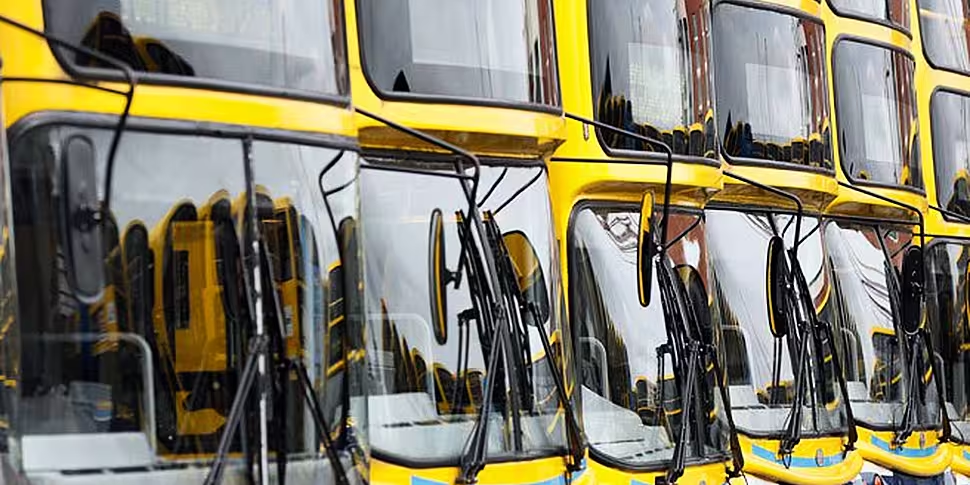Free travel passes. They seem to be all the rage these days. They are so much in vogue that 820,000 people or 25% of the population has one. That’s before you add in the ‘home printed’ ones which are not exactly legal.
The cost of the scheme has been frozen at €77 million for the past five years. This has led to some private operators leaving the scheme. Public transport companies are quietly lobbying for the bar on peak-time travel to be brought back.
As we are in election mode, the Department of Social Protection pounced all over the story and said ‘this is NEVER going to happen. Read my lips. NEVER. Our minister has an election to win’.
Well, maybe they didn’t say the last bit but you get my drift.
The scheme is available to all people living in the State aged 66 years or over, as well as carers and people with disabilities who are in receipt of certain social welfare payments.
Back in the day I had a bus pass. In those days, they were either red or yellow. Red meant unlimited, yellow saw you dare not move until 10am and you had a weird Cinderella moment at around 4.20pm. Not exactly ideal if you were going to college. Apparently the red passes were reserved for those in ‘rehabilitative training’. After many phone calls, they decided that the College of The Most Holy Trinity, The University of Dublin, could, for one very special person, be deemed a workshop. I got to my 9am lectures...
Another example of the maddening bureaucracy of the scheme surface should the pass get tattered. You would be forgiven for thinking you could have walked into CIE and been given a new one.
Oh no. You had to write a letter to the Department outlining how it got torn etc, etc. Pop the pass into the envelope with said letter. And wait.
Oh dear. You wouldn’t travel until you get a new one.
"Any hope that two or three friends who happen to use wheelchairs could travel on the same bus can never happen. Simple social interaction robbed."
The thing is having access to a travel pass isn’t the same as having access to real transport. Most recently, the following incidents on public transport made the headlines:
• A young man who uses a wheelchair left in a train carriage as the staff ‘forgot’ he needed assistance.
• A 6-year-old wheelchair user (who wouldn’t have a pass until she hits 16) and her mother refused entry as other passengers refused to fold up buggies.
• Anecdotal stories of drivers refusing to lower ramps on ‘kneeling buses’.
We had the hoo-ha around the fact that Dublin Bus have a fully accessible fleet. Well the thing is that there’s only one accessible space per bus and as the mother above discovered, there is a ‘first come, first served’ policy in play. Any hope that two or three friends who happen to use wheelchairs could travel on the same bus can never happen. Simple social interaction robbed.
So does the free bus pass actually equate with quality travel? Of course not. Is it part of the solution? Yes. But let’s not kid ourselves - the pass, whether spread like confetti or rationed like the old days, will increase access. Lack of access to transport increases the cost of being disabled. Are we willing to examine what these costs are and, more importantly, willing to look at ways we can shift the burden of paying for these costs away from the individual disabled person?
That’s a very big question but I’ve the feeling that we might not have the courage or imagination to find answers to it. Look at the knots the department got itself into trying to put out the fire that I began this column with. It’s gonna cost money and it’s not exactly sexy. We might be waiting at that bus stop a very long time.









